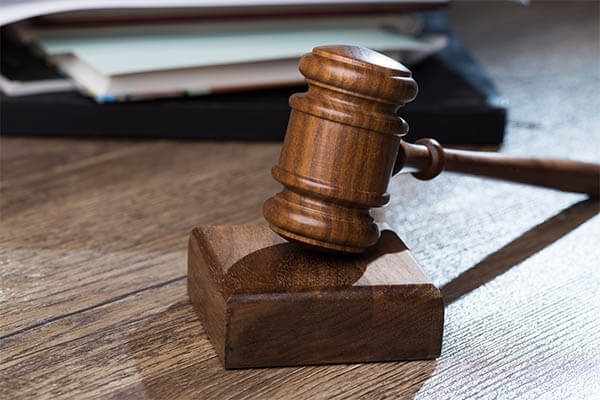Court Ruling Favors Student Loan Bankruptcy Discharge
There hasn’t been much good economic news in 2020, but if you’re buried in student loans, there was an astoundingly positive development recently.
Thanks to a recent court ruling, you might be able to get out of that debt through bankruptcy!!
It’s worth only two exclamation points for now because the decision by the 10th Circuit U.S. Court of Appeals is pretty narrow. But the mere fact a court ruled that student loans can be discharged – meaning “erased” – through bankruptcy is BIG news.
Can Private Student Loans Be Discharged in Bankruptcy?
Unlike mortgages, car loans and unsecured debts like credit cards, student loans are not typically discharged during bankruptcy filing.
Basically, they are like tattoos. People get them when they’re young and they’re usually stuck with them for life.
To escape them, you have to meet a standard known as “undue hardship.” Few people qualify for that.
What the 10th Circuit Court did was essentially start building a $50 billion tattoo removal parlor.
What Did McDaniel v. Navient Do?
That’s the name of the case, but that’s not important. All you need to know is a Colorado couple successfully argued that about $200,000 in student loan debt should be discharged through Chapter 13 bankruptcy.
A lot of people are like the McDaniels. They are in a hopeless financial bind, file for bankruptcy, have most of their debts discharged except for student loans, which means they’re still in a bind. They want to rebuild their financial lives, but it’s hard to do that with a $200,000 anvil around your neck.
Now they some hope, but be forewarned: The ruling affects only private student loans, not federal loans, which make up the bulk of the nation’s $1.6 trillion in student loan debt.
Private loans make up $50 billion, which is still enough to force a lot of Millennials to keep living in their parents’ basements. Now there’s more than a glimmer of hope they can get out.
What Is “Undue Hardship” and How Does This Bankruptcy Ruling Change It?
“Undue hardship” is the standard that must be met in order to have student loans discharged. To do so, you have to pass something called the Brunner test.
It’s named after Marie Brunner, plaintiff in a 1983 lawsuit who tried get out of paying $9,000 in student loans through bankruptcy. The test has three requirements.
- Debtors must prove their current earnings and expenses cannot support the repayment of their loan without jeopardizing their standard of living.
- Debtors must prove the situation will continue for a significant portion of their repayment period.
- Debtors must prove they’ve made good-faith efforts to repay their loan.
You’d think anyone desperate enough to file bankruptcy would automatically qualify as living in undue hardship. Lenders typically contest it, however, and they have a lot more money and lawyers to throw into the fight.
So, the Brunner is one test almost nobody passes. But thanks to the court ruling, debtors no longer have to prove undue hardship.
Should You File for Bankruptcy and Expect Student-Loan Forgiveness?
The ruling also only affects the 10th circuit, which covers Oklahoma, Kansas, New Mexico, Colorado, Wyoming, Utah, and parts of Montana and Idaho. But legal experts think it will set a precedent and force other courts to be more willing to discharge student loans.
“There are definitely more avenues for consumers now,” Dalié Jiménez, a professor at the University of California Irvine School of Law, told the Wall Street Journal.
It’s uncertain how long it will take for those avenues to expand to other states. So, if a collection agency has been hassling you about overdue student-loan payments, don’t tell them to buzz off just yet.
What you should do is call a nonprofit credit counseling agency. The first thing they’ll do is review your finances and see if you can rework things to avoid filing bankruptcy.
If you can avoid filing, do!!!
That’s worth three exclamation points because bankruptcy is a poison pill. It will ruin your credit score for 7-10 years and make it much harder to get a loan for a home or car.
But if bankruptcy can’t be avoided through a debt-management plan or some other strategy, the counselor will assess what your chances are of having your student loans discharged.
The chances used to be almost zero. Now there’s reason to hope.
Considering how everything else has gone in 2020, that’s reason enough to celebrate.


















